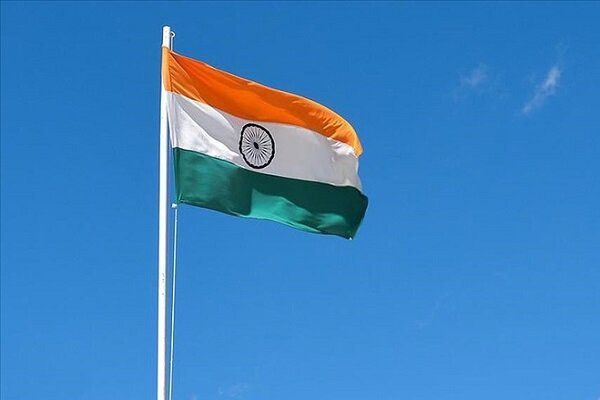India and the issue of democracy

| Anti-human rights trends and weakening of democracy are happening in India while this country was once a model country and a manifestation of peaceful coexistence of religions and ethnic groups. |
Mehr News Agency, Bin Group International: Recently we saw the publication of two separate research reports on the state of human rights and the level of liberal democracy in India. Sharpness has been raised.
In this regard, the Institute for Research on Types of Democracy (V-Dem), in the latest report itself, the name of India in the freedom index is among 179 countries at the bottom of the list between the two countries Niger and Saal ivory is placed. This report claims that the level of liberal democracy in India has declined to the level of 1975, when the state of emergency was established in this country. This report also notes that India has fallen into electoral autocracy since 2018 and will continue to do so until the end of 2023. the said institution in its final assessment has concluded that India is no longer called a democracy. . Of course, it is stated in the report that the wave of autocracy was also evident in the world, so that autocracy in 42 countries covers 2.8 billion people, or 35% of the world’s population. Meanwhile, with 18% of the world’s population, Indians make up about half of the population living in autocratic countries.
In the mentioned report, it is stated that the ruling party of Hindu of India, laws related to riots and confrontation It has used terrorism to suppress critics. Also, in 2019, this party weakened the constitutional commitment to secularism by amending the law “prohibition of illegal activities”.
Institute Research ( V – Dem) mentioned India as one of the top 10 autocratic countries in recent times.
At the same time as the mentioned report, Volker Tour, the United Nations High Commissioner for Human Rights in the report 55 M himself to the council, strongly criticized the human rights situation in India and called the trends in this country worrisome. In this regard, he cited examples such as increasing civil society restrictions, suppressing and targeting independent journalists and human rights defenders, dealing with journalists and critics of the government, and promoting provocative words. /span> and hateful, discrimination against minorities, especially Muslims and… He also refers to the national parliamentary elections of India, which are scheduled to be held from April 29 to early June, and expresses concern about the lack of free and transparent elections in India.
In this regard, and at the same time as the above criticisms, I witnessed the writing of more than 30 rights danans between international to the President of India. They have requested the President of India to examine the considerations and concerns related to human rights in India, especially the violation of the rights of minorities and ethnic groups living in this country. In this letter, the rights of Danan regarding discrimination against Muslims and ethnic groups living in the southern islands of India have also been emphasized.
This is while the leaders of the opposition and secular parties of India repeatedly refrain from putting pressure on minorities and pursuing extremist policies Hindutva have criticized and acknowledged the tendencies of the ruling party towards removing the word secular from the constitution and turning India into a Hindu country. They also, the ruling party’s plan to change the civil laws of Muslims, demolish mosques and build temples instead, cancel the autonomous status and boycott Muslims in Kashmir, ban the activities, or declare illegal the activities of several Islamic organizations in this region, along with weakening key institutions. And an independent one such as the Election Commission is one of the other cases that the opposition parties or human rights activists and domestic and international international critics have acknowledged.
Not to mention, the latest assessment of the Statisa research database released on the World Day Against Cyber Censorship, India In 2023, like the year before, it is still at the top of the list of countries with the most internet outages in the world. Internet outages during this period of time have affected the lives of 59 million people in 8,000 hours.
Progresses against human rights and weakening of democracy are happening in India while this country was once a model country and a symbol of peaceful coexistence Amaz of religions and ethnicities and it was called as the largest secular democracy in the world. A country where people and followers of different religions Hindu, Muslim, Christian, Buddhist, Jain, Sikh And.. they lived a peaceful life together. Today, only a decade after the Hindu right-wing party came to power, India, along with the United States and England, has more than 80% of the content of Islam. -align:justify”>They spread panic in the world.
It is not surprising that India voted “>Giri On March 25, the General Assembly abstained from voting on the resolution of anti-Islamophobia measures. This country claims Hinduism in the world while the people of the world still respect India because of the legacy of Gandhi, Nehru and Abul Kalam Azad. :justify”>can lay.


